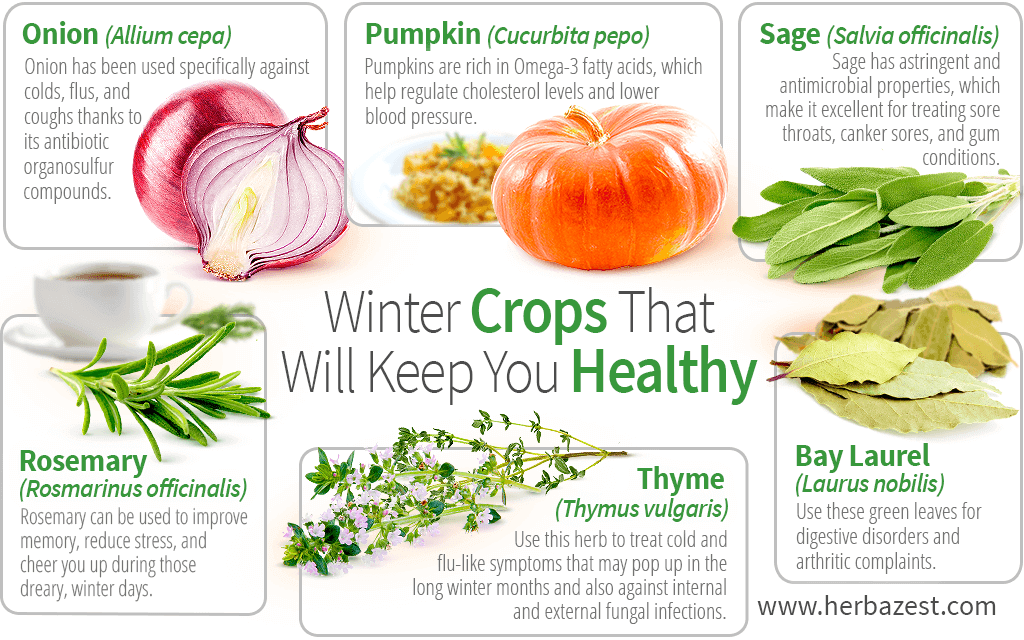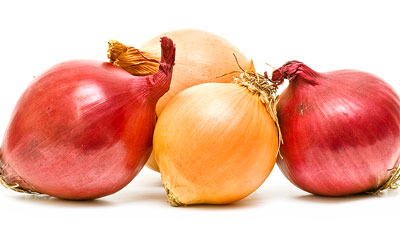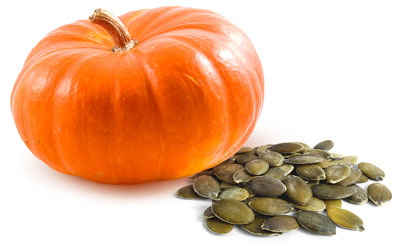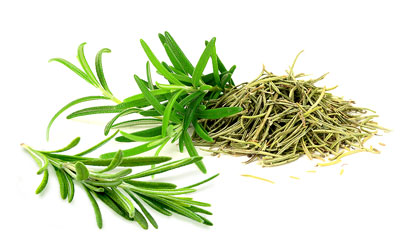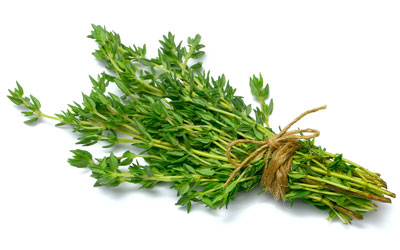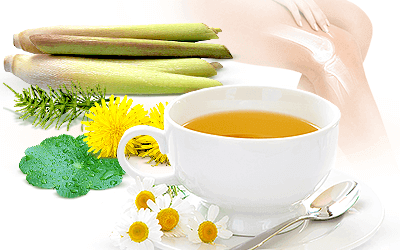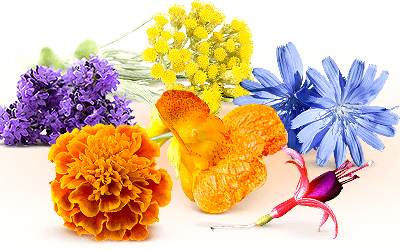Winter got you wacked? Singing the snow blues? Just because the other hemisphere is hogging the sun and the ground is looking parched and sad does not mean you can't look and feel like a summer flower. There are a multitude of lovely plants tough enough to outlast the plummeting thermometer, including the seven below. They all have two things in common: they're harvested in winter, and they're ready to make you feel like a million bucks - scarf, mittens, and all.
Onion (Allium cepa)
Onion is one of those magical foods that are so frequently used, it's easy to overlook how healthy and potent they are. Onion will make an essential part of your medicine cabinet as an antibiotic, anti-inflammatory, analgesic, expectorant, diuretic, and anti-rheumatic, and that's just to start. Like garlic, onion has been used for years especially against colds, flus, and coughs thanks to its antibiotic organosulfur compounds.
Onion is great for spicing up practically any dish, from a variety of soups to a healthy plate of beans and dandelion greens or a nutritious tofu veggie stir fry with sacha inchi oil. The health punch of onion also can be used in remedies, specially for colds and cough.
Pumpkin (Cucurbita pepo)
Pumpkins are rich in omega-3 fatty acids, which help regulate cholesterol levels and lower blood pressure. Pumpkin's consumption is recommended to relieve the symptoms of Irritable Bowel Syndrome (IBS), as well as for maintaining eye health.
Pumpkin can be used in a variety of sweet and savory dishes, like a pumpkin spice latte or a spicy pumpkin soup with pumpkin seeds and mint.
Sage (Salvia officinalis)
Sage is a highly digestive herb that also helps regulate estrogen and is used for relieving the symptoms of premenstrual syndrome (PMS) and menopause. Sage also has astringent and antimicrobial properties, which make it excellent for treating sore throats, canker sores, and gum conditions.
Sage is commonly used to bring flavor to all kind of comforting winter recipes, and it also can be infused and used as a sage gargle for sore throat relief.
Rosemary (Rosmarinus officinalis)
Rosemary isn't just delightfully aromatic - that lovely smell could also perk up that faulty memory and concentration. It's excellent for benefiting other down-and-out functions too, such as blood circulation, adrenal glands, poor hair growth, sore muscles, and poor digestion.
Rosemary can be used to flavor a variety of dishes, and it can also be drinked as a rosemary tea for memory improvement as well as for reducing stress and cheer you up during those bummed, winter days.
Thyme (Thymus vulgaris)
Thyme's pretty pink flowers will do more than look good in your garden. Use this herb especially to treat the many symptoms of colds and flu that inevitably crop up in the long winter months, but also against internal and external fungal infections. Thyme will also be a charm when it comes to asthma, worms, and relieving achy muscles.
Thyme can be added to a myriad of dishes and it also can be used in medicinal recipes. A mild thyme syrup for cough prevention can be really helpful during the cold season.
Bay Laurel (Laurus nobilis)
An herb steeped in historic tradition, bay laurel is just as potent today as it was in Ancient Greece and Rome. Use these green leaves like those long ago - against digestive disorders and arthritic complaints. Your belly will love this herb - it settles an upset stomach, stimulates appetite, and aids in the digestion of foods. When applied to an achy body, your muscles and joints will learn to love it, too.
Don't let Jack Frost get you down. Even if the world is hibernating this winter, you can maintain your healthy inner glow with these powerful, hardy herbs.


